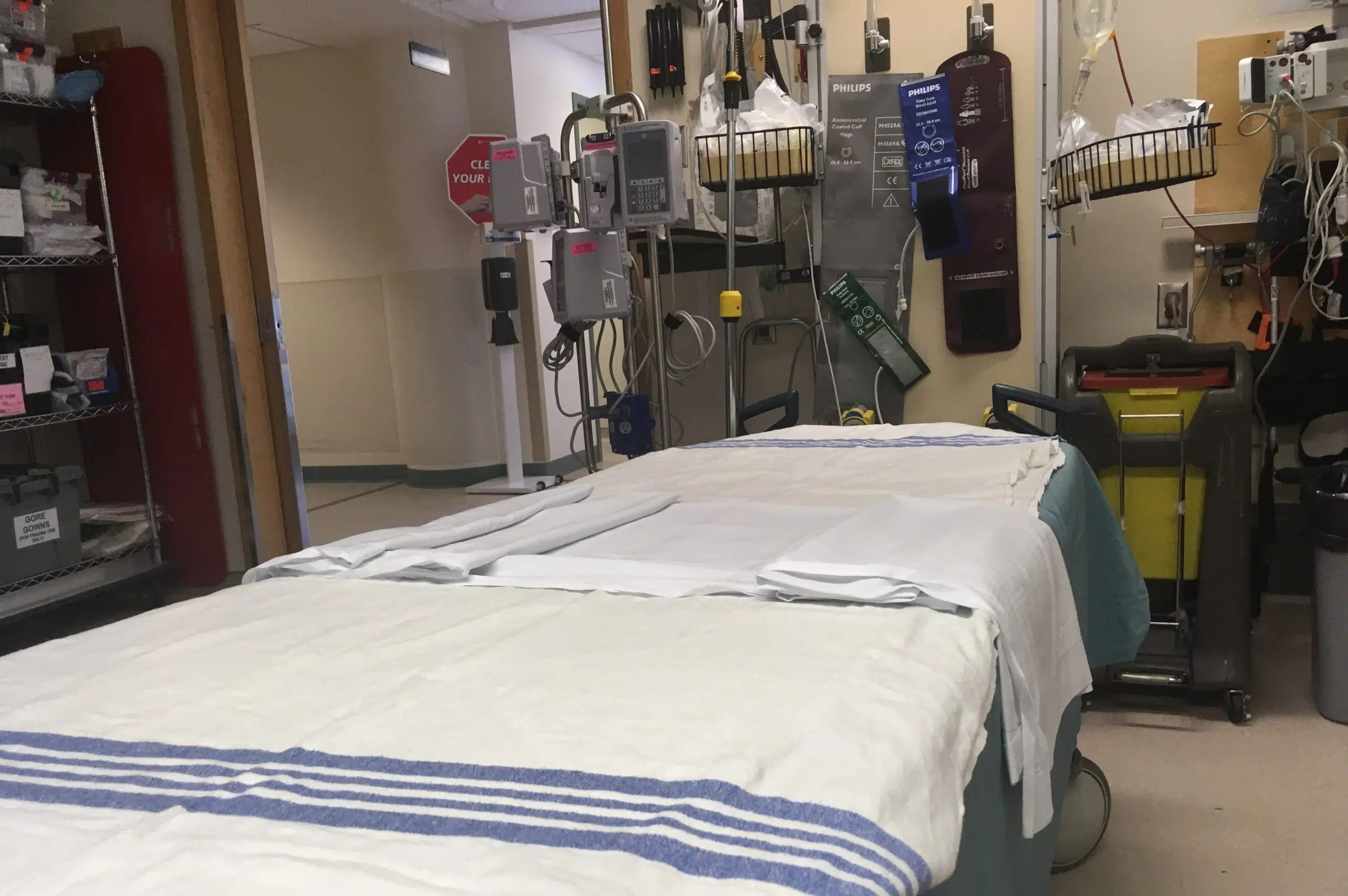While health-care recruitment is a positive step, Tracy Zambory thinks it’s too early for the province to be doing a victory lap.
“Recruitment is an extremely important part of a long-term strategy for health human resources,” the president of the Saskatchewan Union of Nurses (SUN) said Friday. “There is no room here to celebrate, no room at all. The health-care situation and staffing has only decreased since December. Over the Christmas holidays, things have gotten remarkably worse.
“(Workers) are telling me they are working 20-, 24-, 31-hour shifts so we have no room here to celebrate. We need to be talking retention. While recruitment is important, we are not recruiting enough registered nurses from the Philippines that can fill the vacant shifts in Saskatoon over a weekend.”
Saskatchewan’s Ministry of Health aims to add 1,000 new employees to the health-care system by recruitment efforts, new training programs, incentives, and retention efforts.
It said 160 job offers have been made to workers from the Philippines and 92 of the 164 high-priority positions in rural and remote locations that experienced service disruptions have been filled.
“Going from 86 to 92 is a small number of six so I wouldn’t claim that as a victory. Without context, it’s difficult to understand what that means and exactly where was that,” Zambory said.
Zambory said the recruitment is needed and welcomed, but it isn’t a strategy that helps solve the issues hospitals are facing today.
“That is a very long-term strategy plus those people are not going to be ready to work until spring. We need help now,” Zambory said. “Now is not the time to think we are anywhere out of the woods when it comes to the nursing crisis and the fact the health-care system in this province is collapsing around us.
“(Workers) are telling me that they can’t do this anymore. They are tired of feeling disrespected and they are tired of not being heard.”
Zambory said the union has offered solutions to the province, including a nursing task force to talk to the frontline workers to get first-hand accounts of the problems they are facing. That’s something Zambory said hasn’t happened yet.
Zambory also said SUN wants to work with the province to find ways to retain workers who are already in the system.
“We need the Philippine nurses that are coming. We need them; there are no two ways about that,” Zambory said. “What we need when they get here is the retained mid- to late-career nurses so they have the ability to have the proper mentorship and preceptorship so they can actually start to work as a functioning registered nurse.”
Zambory said she’s heard of new nurses coming into emergency rooms and, due to the chaos they’re currently dealing with, they burn out quickly and don’t feel properly prepared to deal with the conditions.
“They last maybe six to eight months. We heard that from a new grad — she was burnt out and had to leave because she didn’t get any help,” Zambory said. “She just had to jump in head-first and didn’t feel she had the ability to continue there.”
Zambory said the province’s current retention strategy is aimed only at new nurses and workers coming to the province, not ones who have already been working for years here. She said it’s time to have a conversation about a retention bonus and about human health resource management.
Zambory said current workers have been having their vacation time denied, which is leading to burnout.
“People are not able to rest and recharge so what they are doing is reverting to casual (work),” Zambory said. “That’s someone who is potentially working full-time, leaving a full-time position and going to casual and working for agencies because they can control their life.”
While the current plan could help out in the future, things still remain grim for workers out there now.
“Health care in this province is very much in crisis even though we want to try to talk in celebratory language,” Zambory said. “It is very much in crisis. People are still being treated in the waiting rooms and our emergency rooms, our wards are still full to the brim and overflowing. We are still very much in a nursing crisis.
“We really have no celebration. We need to roll up our sleeves and work together.”











